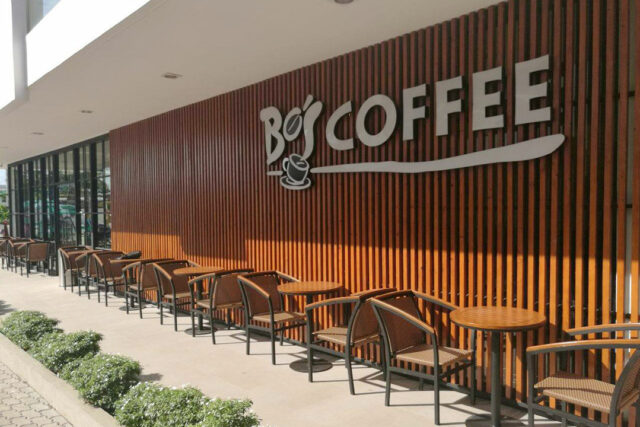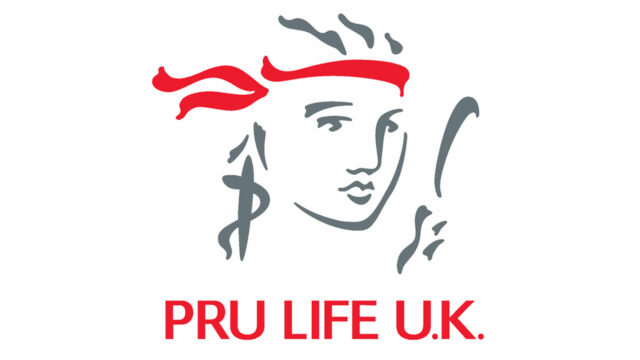YIELDS on the term deposits of the Bangko Sentral ng Pilipinas (BSP) rose slightly on Wednesday as investors seek to lock in high returns amid expectations of further monetary easing here and abroad.
Demand for the central bank’s term deposit facility (TDF) amounted to P239.937 billion on Wednesday, above the P220-billion offering and the P231.77 billion in bids for a P200-billion offer a week ago.
Broken down, tenders for the seven-day papers reached P127.289 billion, higher than the P120 billion on the auction block but below the P133.79 billion in bids for the P100-billion offering of six-day deposits in the previous week.
Banks asked for yields ranging from 6.2475% to 6.35%, a wider band compared with the 6.2595% to 6.35% seen a week ago. With this, the average rate of the one-week term deposits went up by 0.61 basis point (bp) to 6.3094% from 6.3033% previously.
Meanwhile, the 14-day papers fetched bids amounting to P112.648 billion, above the P100-billion offer and the P97.98 billion in tenders for the same volume of 13-day term deposits auctioned off last week.
Accepted rates for the tenor were from 6.285% to 6.465%, narrower than the 6.285% to 6.535% range seen last week. This caused the average rate of the two-week papers to increase by 1.15 bps to 6.3787% from 6.3672% in the prior auction.
The central bank has not offered 28-day term deposits for more than three years to give way to its weekly auctions of securities with the same tenor.
The term deposits and 28-day bills are used by the BSP to mop up excess liquidity in the financial system and to better guide market rates.
“Some investors in recent weeks locked in investable funds in longer-dated tenors amid the easing trend in local and global bond yields after the local policy rate cut on Aug. 15 and the widely expected Federal Reserve rate cut [this month]…,” Rizal Commercial Banking Corp. Chief Economist Michael L. Ricafort said in a Viber message.
The BSP last month cut benchmark interest rates for the first time in almost four years amid an improving inflation and economic outlook, with its governor signaling at least one more reduction before the end of the year.
The Monetary Board on Aug. 15 reduced its policy rate by 25 bps to 6.25%.
BSP Governor Eli M. Remolona, Jr. said they could cut rates by another 25 bps within the year. The Monetary Board’s last two policy-setting meetings this year are on Oct. 17 and Dec. 19.
Meanwhile, markets widely expect a rate cut at the US central bank’s Sept. 17-18 meeting following Fed Chair Jerome H. Powell’s dovish speech at the Jackson Hole Symposium last month.
Mr. Powell last month endorsed an imminent start to interest rate cuts, saying further cooling in the job market would be unwelcome and expressing confidence that inflation is within reach of the US central bank’s 2% target.
“The time has come for policy to adjust,” Mr. Powell said in a highly anticipated speech to the Kansas City Fed’s annual economic conference in Jackson Hole, Wyoming. “The direction of travel is clear, and the timing and pace of rate cuts will depend on incoming data, the evolving outlook, and the balance of risks.”
Soft US manufacturing data released on Tuesday fanned worries about a hard landing for the world’s biggest economy, with traders already nervous ahead of crucial monthly payrolls data on Friday, Reuters reported.
Risks to the US soft-landing scenario — which had been gaining traction recently in markets — saw traders raise odds of a 50-bp Fed interest rate cut this month to 38% from 30% a day earlier, according to the CME Group’s FedWatch Tool.
Economists surveyed by Reuters expect Friday’s report to show an increase of 165,000 US jobs in August, up from a rise of 114,000 in July.
Ahead of that, investors will keep a close eye on job openings data due later on Wednesday and the jobless claims report on Thursday.
TDF yields rose as the National Government’s latest global bond issuance “siphoned off some of the excess liquidity from the financial system,” Mr. Ricafort added.
The government last week raised $2.5 billion from its sale of triple-tranche dollar-denominated global bonds, which marked its second foray into the international debt market this year.
IFR reported that the government raised $500 million from 5.5-year bonds, $1.1 billion from 10.5-year notes, and $900 million from 25-year sustainability bonds. — Luisa Maria Jacinta C. Jocson with Reuters












